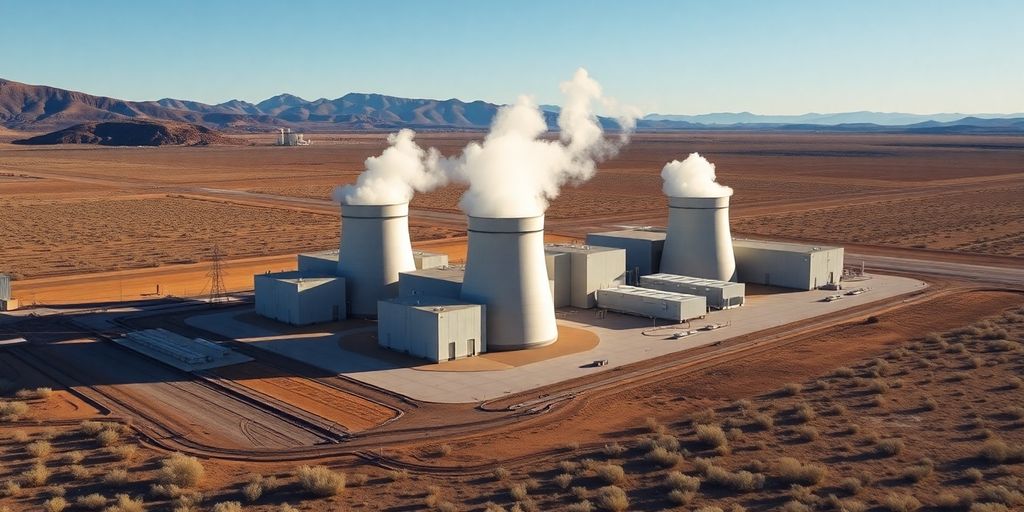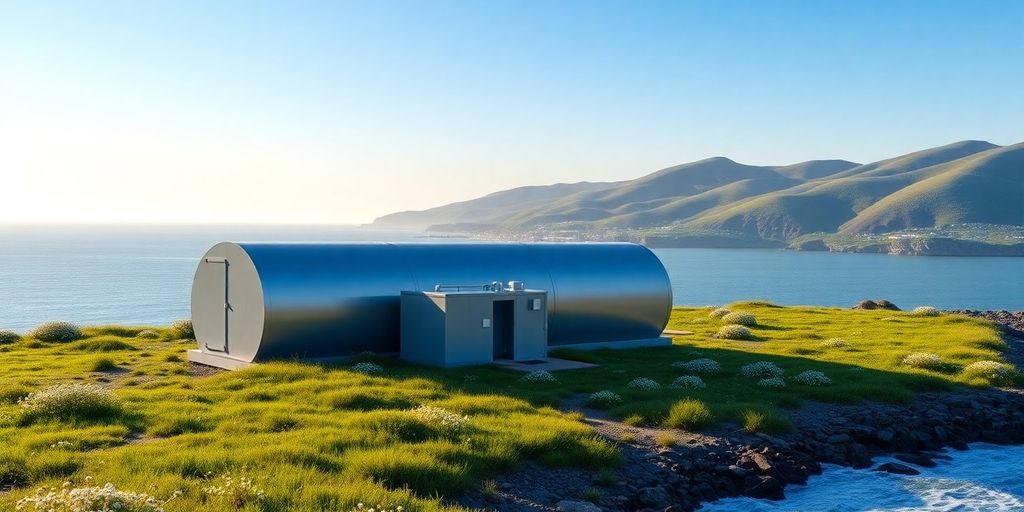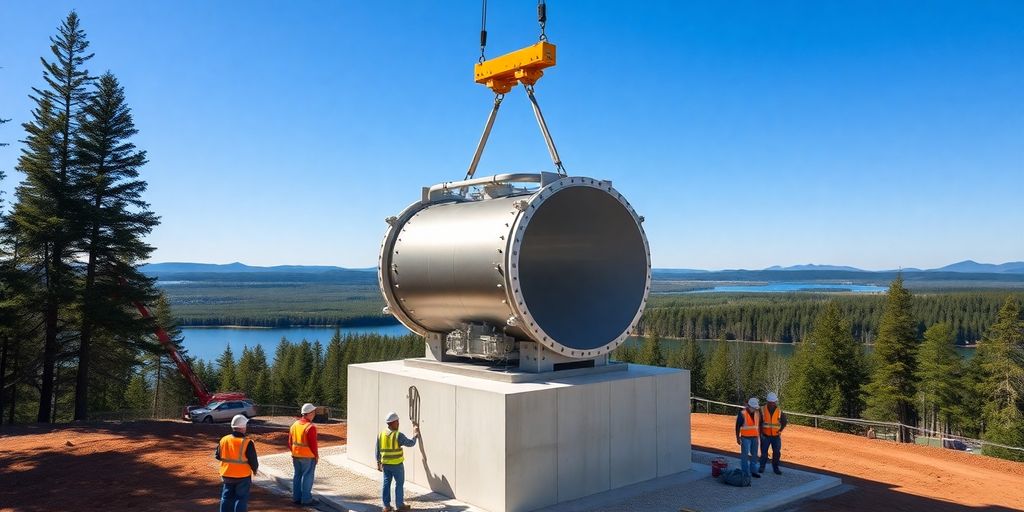Pueblo County commissioners are urging Xcel Energy to explore small modular reactor (SMR) technology as an alternative to demolishing its aging coal-fired Comanche power plant. By retrofitting existing infrastructure with NuScale’s SMRs, the county hopes to preserve more than $15 million in annual tax revenues and over 100 high-paying jobs while advancing Colorado’s carbon-free goals.
Key Takeaways
- Pueblo County proposes converting Comanche units to small modular reactors instead of shutting them by 2040.
- Retrofitting could save millions by reusing infrastructure and maintain local tax revenue.
- NuScale’s SMR design offers inherent safety features and scalable generation.
- Environmental groups and some critics remain cautious over nuclear economics and waste storage.
Small Modular Reactors Offer New Life
Xcel Energy plans to close the last of three Comanche units by 2040 to comply with Colorado’s carbon-free by 2050 mandate. Pueblo County sees SMRs as a way to extend the plant’s operational life:
- Reuse of cooling systems, switchyards and buildings
- Preservation of local employment and tax base
- Potential to produce firm, reliable power complementary to renewables
NuScale Power’s design, approved by the U.S. Nuclear Regulatory Commission in 2020, remains unbuilt but attracts interest in North America and Europe.
Economic And Environmental Impacts
Retrofit vs. Demolition:
| Item | Retrofit With SMRs | Demolition & Site Renovation |
|---|---|---|
| Capital Cost Savings | Millions (infrastructure reuse) | Full site clearance expenses |
| Annual Tax Revenue | ~$15 million | Lost revenue |
| Local Jobs | 100+ high-paying roles | Permanent job losses |
| Carbon Footprint | Low-carbon baseload | Zero generation post-closure |
Environmental advocates emphasize a rapid phase-out of coal to mitigate climate change, while proponents of SMRs highlight the technology’s potential to deliver clean, dispatchable power.
The SMR Technology
NuScale’s SMR modules measure 76 feet tall and 15 feet in diameter, using one-twentieth the fuel of a conventional reactor. Key features include:
- Passive Cooling: Natural convection circulates water without pumps.
- Modular Scalability: Up to 12 modules can be combined for flexible output.
- Safety Design: Underground water pools absorb decay heat, preventing meltdown risks.
- Quick Maintenance: Individual modules can be taken offline without halting the array.
These attributes aim to reduce construction costs through factory fabrication and simplify on-site installation.
Community And Regulatory Outlook
Xcel Energy will present its final plan to the Colorado Public Utilities Commission in November, which will decide the plant’s fate and closing timeline. Stakeholders weigh several alternatives for firm generation, including:
- Fossil gas with carbon capture
- Green hydrogen in turbines
- Long-duration energy storage
- Modular nuclear reactors
Critics warn of nuclear’s historical expense and unresolved spent fuel storage, pointing to Yucca Mountain’s stalled status. Supporters counter that SMRs narrow the cost gap and build on proven nuclear expertise. The coming months will determine whether Pueblo County’s vision of a repowered Comanche plant becomes reality.











